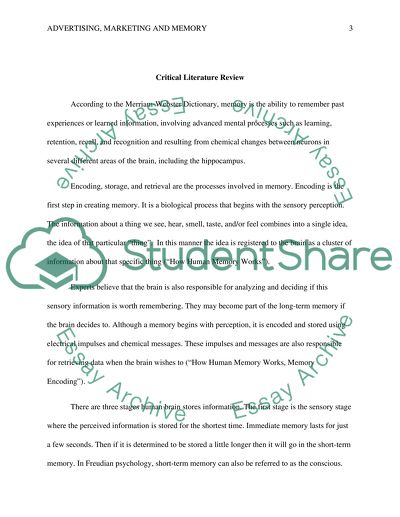Cite this document
(“Human Memory Research Proposal Example | Topics and Well Written Essays - 1500 words”, n.d.)
Retrieved from https://studentshare.org/psychology/1463210-human-memory
Retrieved from https://studentshare.org/psychology/1463210-human-memory
(Human Memory Research Proposal Example | Topics and Well Written Essays - 1500 Words)
https://studentshare.org/psychology/1463210-human-memory.
https://studentshare.org/psychology/1463210-human-memory.
“Human Memory Research Proposal Example | Topics and Well Written Essays - 1500 Words”, n.d. https://studentshare.org/psychology/1463210-human-memory.


